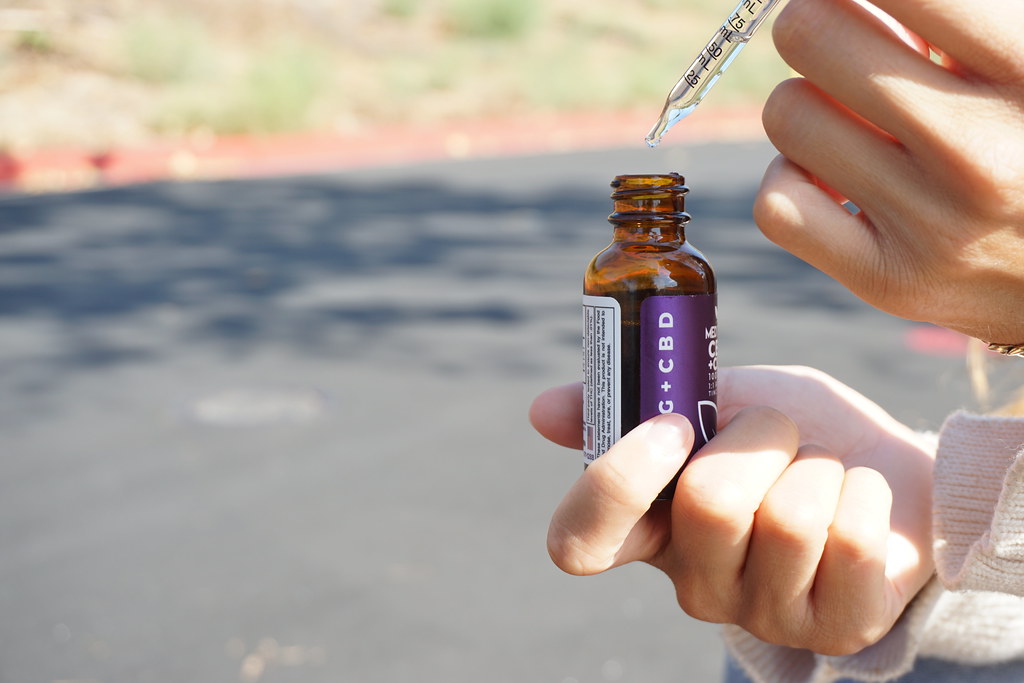
The Science Behind CBD: Exploring Its Potential Health Benefits
Introduction
CBD, short for cannabidiol, has become a popular topic of discussion in recent years. This naturally occurring compound found in the cannabis plant has captured the attention of researchers, health professionals, and individuals seeking alternative remedies for various health conditions. In this article, we delve into the science behind CBD and explore its potential health benefits. From its impact on pain management to its potential in reducing anxiety, let’s uncover the wonders of CBD.
The Science Behind CBD
CBD belongs to a group of compounds known as cannabinoids. These compounds interact with our body’s endocannabinoid system, a complex network of receptors and neurotransmitters that regulate various bodily functions, such as sleep, mood, appetite, and immune response. Unlike its counterpart THC (tetrahydrocannabinol), CBD is non-intoxicating, meaning it does not produce the psychoactive effects typically associated with cannabis use.
How Does CBD Work?
When we consume CBD, it interacts with the endocannabinoid receptors in our body. The two primary receptors, CB1 and CB2, are found in different areas of the body. CB1 receptors are primarily present in the brain and central nervous system, while CB2 receptors are more abundant in the peripheral organs and immune cells. CBD influences these receptors and helps regulate the release of neurotransmitters, ultimately affecting our physical and mental well-being.
The Potential Health Benefits of CBD
1. Pain Management
Chronic pain affects millions of people worldwide, often reducing their quality of life. CBD has shown promise as a potential natural remedy for pain management. Studies suggest that CBD interacts with receptors involved in pain perception, reducing inflammation and alleviating discomfort. Whether it’s arthritis, migraines, or neuropathic pain, CBD may offer relief without the side effects associated with traditional pain medications.
2. Anxiety and Stress Relief
Anxiety disorders are prevalent, and finding effective treatments can be challenging. CBD has gained attention for its potential in reducing anxiety and stress. Research indicates that CBD interacts with serotonin receptors in the brain, which play a crucial role in regulating mood. By modulating serotonin levels, CBD may help individuals manage anxiety disorders, social anxiety, and post-traumatic stress disorder (PTSD).
3. Better Sleep
Sleep is vital for overall well-being, yet many struggle with insomnia and sleep disorders. CBD has been explored for its potential sleep-enhancing properties. It may help improve sleep quality by addressing underlying issues such as anxiety and chronic pain. Additionally, CBD may interact with receptors involved in the sleep-wake cycle, promoting relaxation and supporting a more restful night’s sleep.
4. Neuroprotective Properties
CBD’s impact on the brain has intrigued researchers studying neurodegenerative diseases such as Alzheimer’s and Parkinson’s. Preliminary studies suggest that CBD may have neuroprotective properties, potentially slowing the progression of these conditions and reducing symptoms. While more research is needed, these findings offer hope for individuals affected by these challenging neurological disorders.
5. Anti-Inflammatory Effects
Inflammation is a natural response by our immune system to protect us from infection and injury. However, chronic inflammation can contribute to various health issues, including autoimmune diseases and chronic pain. CBD exhibits anti-inflammatory properties, potentially reducing inflammation and its associated symptoms. By modulating the immune response, CBD may offer relief for conditions such as rheumatoid arthritis and inflammatory bowel disease.
6. Potential Cancer Treatment Support
While CBD is not a cure for cancer, studies have explored its potential as a complementary treatment option. CBD may help manage the side effects of cancer treatments like chemotherapy, such as nausea, pain, and loss of appetite. Furthermore, some research suggests that CBD may possess anti-tumor properties, inhibiting the growth and spread of cancer cells. However, more extensive clinical trials are necessary to determine its effectiveness in cancer treatment.
Frequently Asked Questions (FAQs)
FAQ 1: Is CBD legal?
Yes, the legality of CBD varies from country to country and even within different states or regions. In some places, CBD is fully legalized, while in others, it may have certain restrictions or require a prescription. It’s important to familiarize yourself with the specific laws and regulations regarding CBD in your area before purchasing or using it.
FAQ 2: Will CBD get me high?
No, CBD does not produce a “high” feeling. THC is the psychoactive compound responsible for the intoxicating effects of cannabis. CBD, on the other hand, does not have the same psychoactive properties. It can be safely consumed without impairing cognitive function or inducing euphoria.
FAQ 3: Are there any side effects of using CBD?
While CBD is generally well-tolerated, some individuals may experience mild side effects. These can include dry mouth, drowsiness, changes in appetite, or diarrhea. It’s essential to start with a low dosage and gradually increase it while monitoring your body’s response. If you experience any severe or concerning side effects, it’s advisable to consult a healthcare professional.
FAQ 4: Can I use CBD alongside my current medications?
If you are currently taking medications, it’s crucial to consult with your healthcare provider before incorporating CBD into your routine. CBD may interact with certain medications, especially those metabolized by the liver. Your healthcare provider can provide personalized advice based on your specific medications and medical history.
FAQ 5: How should I choose a CBD product?
When selecting a CBD product, it’s important to consider factors such as the product’s quality, manufacturing practices, and third-party lab testing. Look for products that are sourced from organic hemp, free from harmful contaminants, and provide detailed information about CBD content and dosage. Reading customer reviews and seeking recommendations can also help guide your decision.
FAQ 6: How should I take CBD?
CBD is available in various forms, including oils, capsules, edibles, topicals, and vape products. The best method of consumption depends on your preferences and the specific health condition you are targeting. Sublingual administration (placing oil drops under the tongue) allows for faster absorption, while topicals provide localized relief. Experimenting with different methods can help you find the most suitable option for your needs.
Conclusion
The science behind CBD is continually evolving, shedding light on its potential health benefits. From pain management and anxiety relief to neuroprotective properties and anti-inflammatory effects, CBD offers a natural alternative for those seeking a holistic approach to well-being. As with any health-related decision, it’s crucial to consult with healthcare professionals and make informed choices. By staying informed and exploring the possibilities, you can harness the potential of CBD and embark on a journey toward improved health and wellness.



Leave a Reply